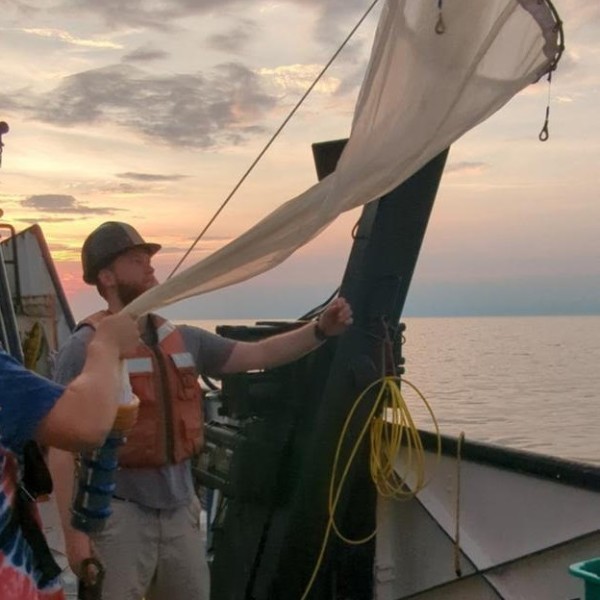Academic focus: Eco-evolutionary dynamics
Research summary: My studies are centered around eco-evolutionary theory. This is the idea that, as organisms evolve adaptions to their environment, they also change how they modify their environment, thus creating feedbacks between ecology and evolution. I study these questions primarily in the guppy, a small fish that inhabits the streams of Trinidad and Tobago that shows very fast rates of evolution. This research can help us better understand the effects of environmental change on species and ecosystems.
What do you like to do when you’re not working?
I used to be an avid birdwatcher, and now that I am in such a hotspot of ornithology, I am hoping to get back to it. I enjoy food and wine, so cooking and sharing a meal with good company are great ways to pass time for me. I have two wonderful kids, and I love spending time with them, whether it is discovering the world through their eyes or playing card and board games with them.
What are three adjectives people might use to describe you?
Enthusiastic, sociable, nerdy
What (specifically) brought you to Cornell CALS?
Cornell and CALS are a hub for amazing ecologists and evolutionary biologists using a variety of approaches, from mathematical to experimental. There is a great spirit of collaboration and drive to do integrative science. Above all, there is genuine collegiality and companionship, which makes work a real pleasure.
What do you think is important for people to understand about your field?
We still have a lot of ecology and evolution to learn at the fundamental level, and gaining this knowledge is essential to confront challenges like climate change or species invasions.
Why did you feel inspired to pursue a career in this field?
I always wanted to be a biologist, but in high school I also got to love math and wondered if I should study something more mathematical. When I realized that biology, and especially ecology, has an important mathematical component, I didn’t hesitate. Today, I love that my profession includes both chasing critters and doing some math.
What’s the most surprising/interesting thing you’ve discovered about Cornell and/or Ithaca so far?
I love that such a top-notch university is full of people who are so down to earth and humble. Outside Cornell, I am loving the dry white wines of the region.
If you had unlimited grant funding, what major problem in your field would you want to solve?
If I had unlimited funding, time and a better command of genomics, I would love to look for the genetic basis of traits that evolve rapidly and have large ecosystem effects. Then I would look for signatures of their evolution in populations subject to strong environmental change. I love the idea of tying eco-evolutionary theory with a better understanding of the mechanisms, both genetic and ecosystemic.





